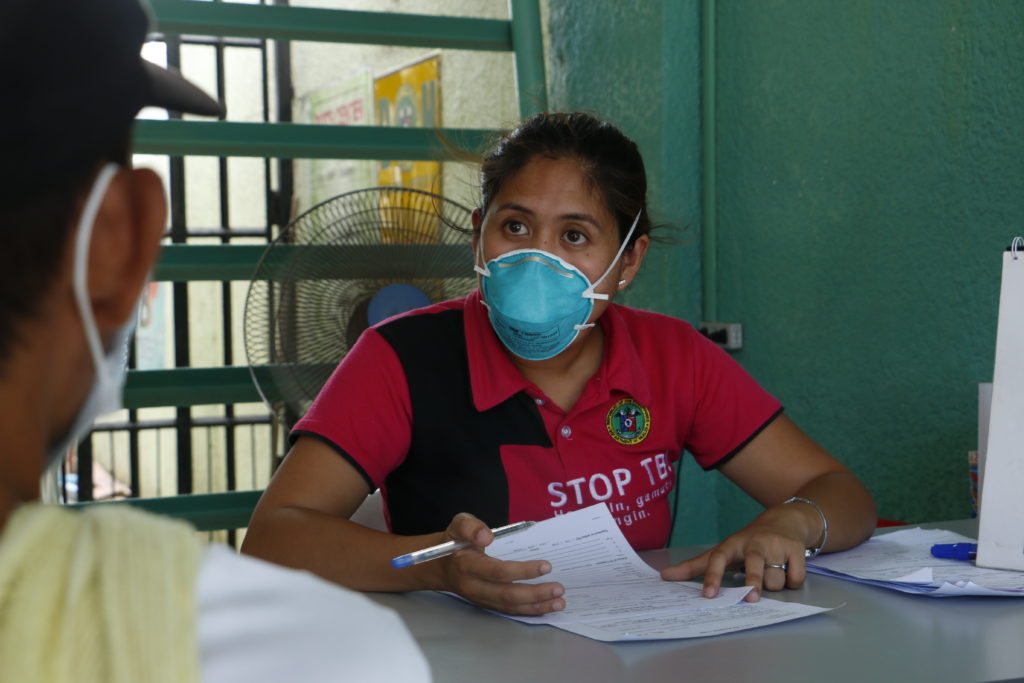End TB in the Philippines
End Tb in the Philippines
Implementing the TB control projects continues in partnership with the Department of Health (DOH). The projects support the Philippine Strategic TB Elimination Plan, 2017-2022 of increase TB case detection rate by 95% and treatment success rate by 92% by 2022 through funding from the United States Agency for International Development and The Global Fund to Fight AIDS, Tuberculosis, and Malaria.
The National Tuberculosis Prevalence Survey revealed in 2017 that the Philippines still remains a high TB burden country with a significant number of missing TB cases estimated at around 263,214.
PBSP, as an active partner, advocate, and implementer of the TB Control program, takes this very seriously since this can negatively impact the wellbeing and economic development of many Filipino families.
With this, PBSP along with other TB Control partners and stakeholders gear towards adopting the global strategy to find the missing TB cases and to halt its transmission in the interest of public health.
Aligned with the global strategy and the Philippine Strategic TB Elimination Plan, Phase 1 (PhilSTEP 1), PBSP manages the implementation of key interventions such as the deployment of TB diagnostic mobile vans, the conduct of mass screenings among highly vulnerable population, and the operationalization of Artificial Intelligence during the screening of patients.

The TB diagnostic mobile vans include readily available equipment and supplies such as digital X-ray for screening presumptive TB patients. The mobile van is also equipped with AI technology to hasten the process of Chest X-ray result reading which reduces the turnaround time for identifying patients who require referral for sputum examination.
Through the TB Care and Prevention (TBCP) component of the Advancing Client-centered Care and Expanding Sustainable Services for TB (ACCESS TB) Project, mass screenings are being conducted in the three priority regions with high TB cases. These regions include NCR, Region 3, and Region 4A. With the conduct of the mass screenings among highly vulnerable population, this initiative addresses the issue of accessibility by utilizing the completely equipped TB diagnostic mobile vans and readily facilitate the referral of patients for confirmatory diagnosis to nearby GeneXpert sites and enrollment to TB treatment facilities.
As an additional support to the referral mechanism and sample specimen delivery, PBSP initiated the deployment of the Specimen Transport Riders Strategy or STRiders – motorcycle riding staff trained in proper sputum specimen handling that are assigned in particular sites to deliver the specimen from the facilities to partner laboratories. This strategy aids in the transport of specimens that is more cost-efficient and fast compared to the usual courier services.
PBSP and the DOH acknowledge the great contribution of the private sector in this fight against TB thus a mandatory TB notification system has been developed and is being used to allow private practitioners to report their cases. This initiative aims to address the health systems and surveillance gaps and at the same time improve the linkages with private practitioners, hospitals, laboratories, and other NGO services.









